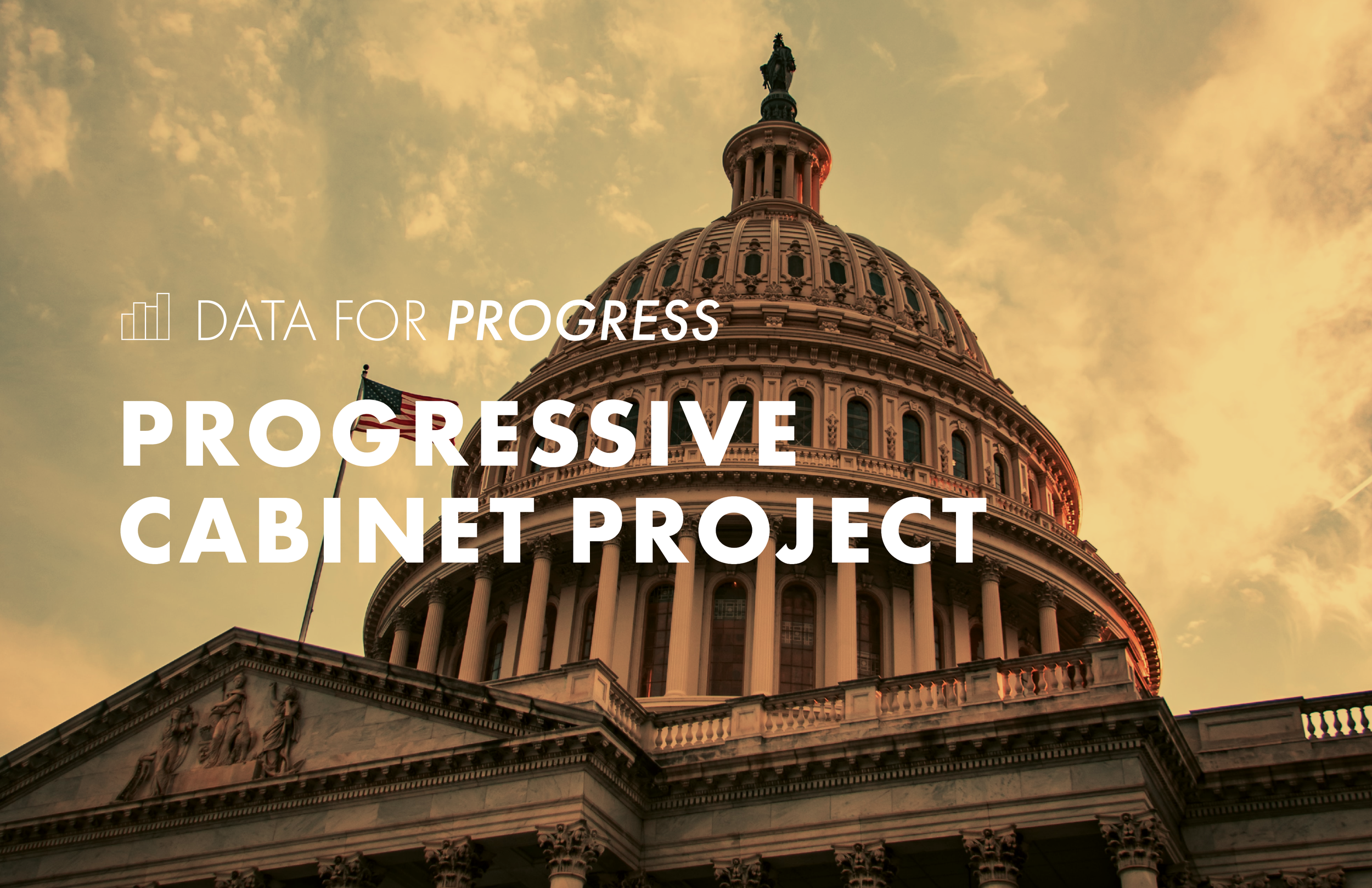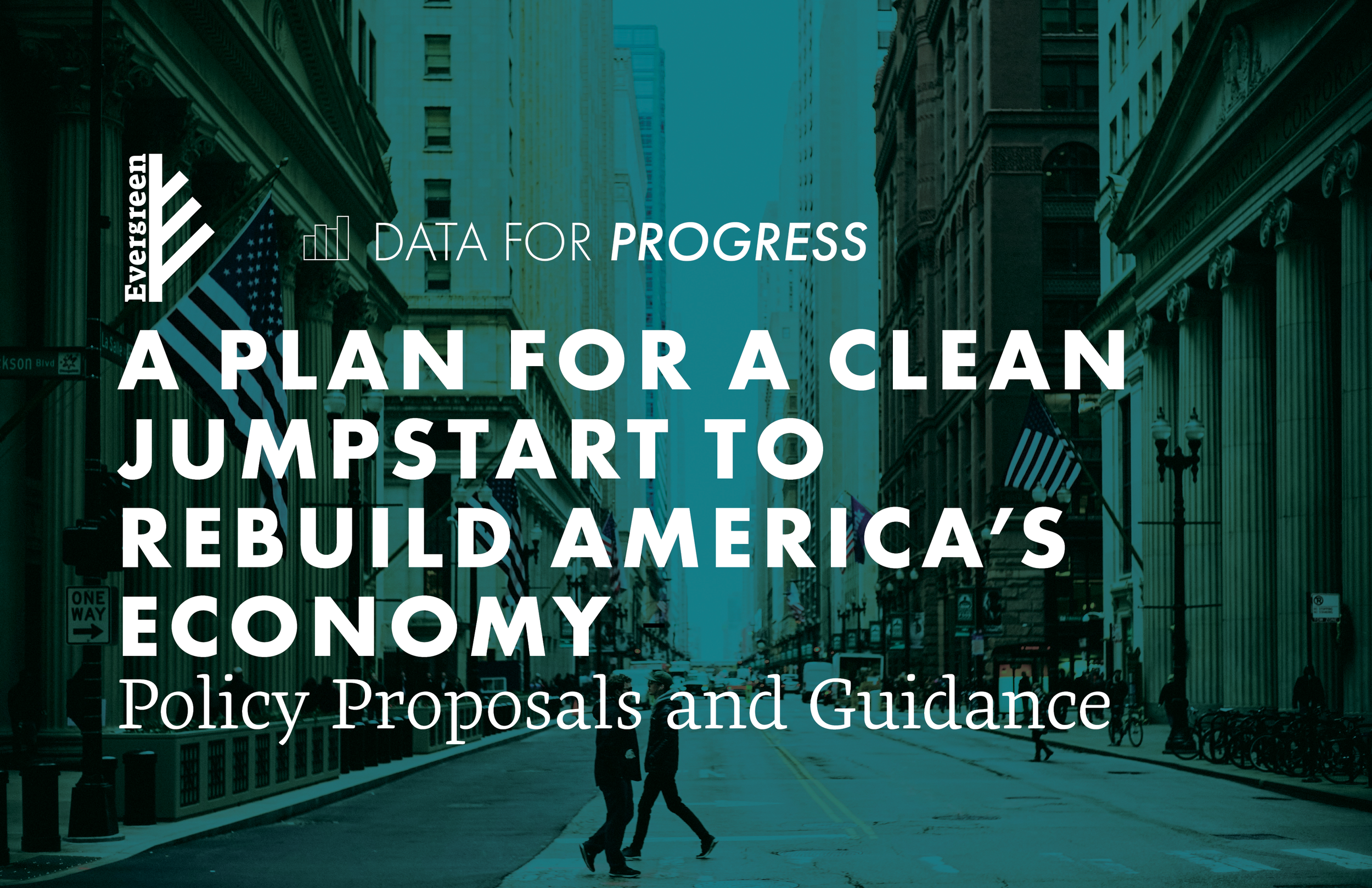Memo: Voters in Key States Support the Progressive Pharmaceutical Agenda
By Ethan Winter
Executive Summary
Committing to a progressive pharmaceutical agenda is a political winner. For instance, 72 percent of voters said they’d be more likely to support a candidate who commits to ending the patents of high cost drugs, while only 14 percent said they’d be less likely.
Voters support the progressive pharmaceutical agenda. For example, 65 percent of voters prefer a system where Medicare can negotiate the cost of prescription drugs, while only 19 percent prefer our existing system.
Voters support making all coronavirus vaccines and treatments free by a 38 percentage point margin.
As part of a survey fielded at the end of the July and into early August in four key battleground states -- Arizona, North Carolina, Iowa, and Maine -- we asked voters about their attitudes towards a host of progressive priorities regarding lowering the cost of prescription drugs, such as allowing Medicare to negotiate the cost of pharmaceuticals or having the government manufacture generic alternatives to high cost drugs. We asked two basic kinds of questions. First, whether or not they’d be more likely to vote for a candidate that supports these proposals. This was done to test whether or not these proposals could mobilize support for candidates in key races that will determine which party controls the Senate after this election. Second, we asked voters if they preferred the progressive alternative, such as allowing the government to end the patents on certain high cost drugs, or the existing system.
We found that, overwhelmingly, voters in these four states both support progressive alternatives when it comes to pharmaceutical policy and that committing to these progressive positions will make voters more willing to vote for Senate candidates this November. Pharmaceutical policy is a terrain in which left positions are popular and a political winner.





